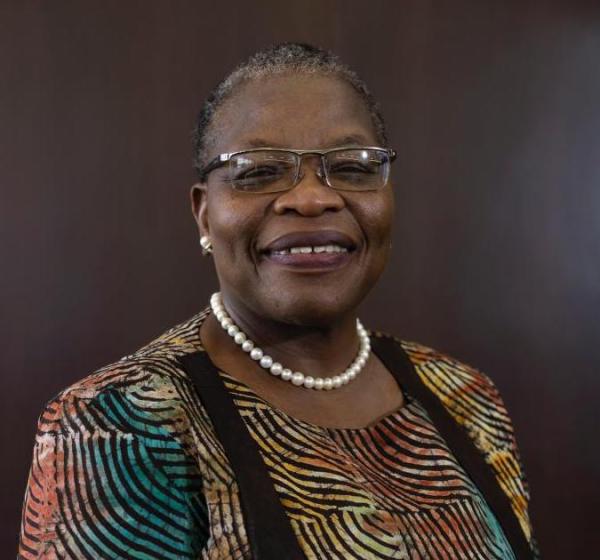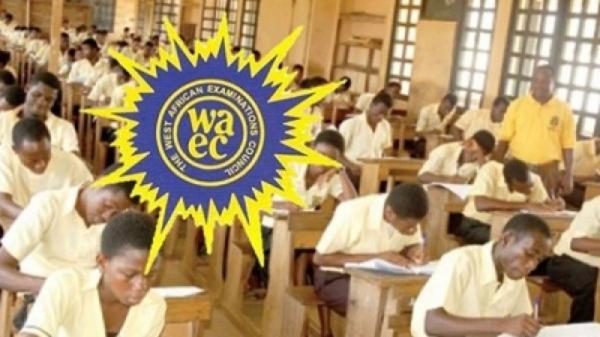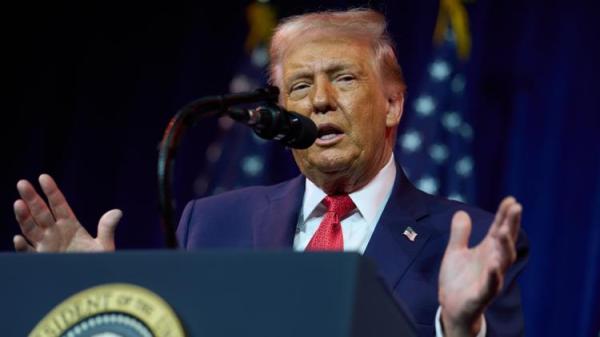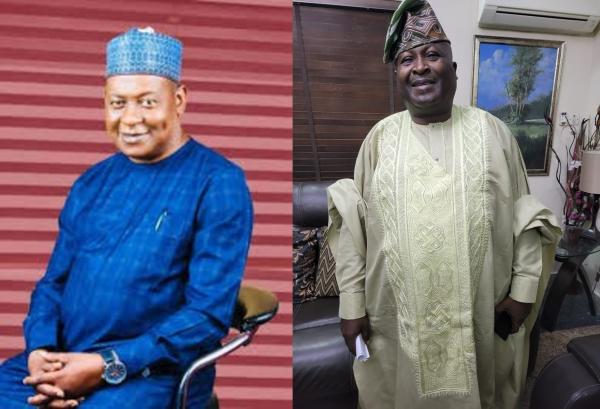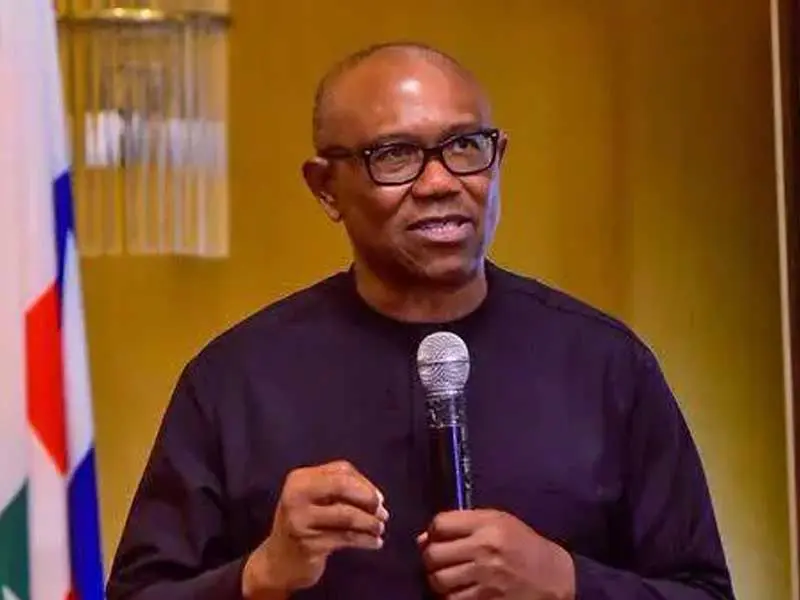
OPINION
By Toyeebat Anifowose
At the most basic level, democracy is a type of government or political system ruled by citizens, people who are members of a society. This invariably means that citizens of a democratic state ideally exert enormous influence in the system, with the possession of some level of power and authority, while actively participating in the political or decision making process of the government. Adopting an ideal democratic governance is, however, almost impossible as virtually all democratically inclined nations have their fair share of criticisms as the systems become infiltrated by corruption, loss of confidence, and in extreme cases the system becomes reduced to a sham process in which sinister and shadowy, vested-interest groups actively conspire to pervert the course of the system.
A quintessential example of such nations with a crippled democratic system is our beloved country Nigeria. It is no longer tenable to posit that Nigeria adopts a genuine democratic government as the principle of democracy has suffered a relatively enormous level of abuse consciously and unconsciously by the political leaders and the masses in general. Democracy in Nigeria is characterised by excessive looting and misappropriation of public funds and our common wealth, misrepresentation in governance through rigging and manipulation of votes during elections and the abuse of power by myopic politicians with its antecedent problems.
The theatrics of power is the hallmark of Nigerian democracy as politicians compel obedience and conformity by building armies through misappropriation of funds, thereby hiring thugs and hoodlums to victimise and intimidate their opponents. The electorates also have a fair share of blame in the wrecking of Nigerian democracy into specks of debris as the political and intellectual repertoire of the average Nigerian is laden with excessive anxiety to have a share in the National Cake which is usually an indication of embezzlement of the national treasures. The attitude of an average citizen towards governance is filled with such addled and corrupt mentality in which a contrary opinion towards this myopic attitude is regarded as being deviant and irrational.
The deep-seated root of corruption has etched deep in the minds of the electorate, thereby clouding their ability to make productive, political decisions. Even the primary objective of a poverty-stricken derelict when given political positions would be to buy exotic cars and build mansions instead of elevating the status of low-income earners.
The media has also contributed massively to the shaping of these negative attitudes and ideologies as the tilt and political affiliations of most media organisations serve as an enabling factor which usually influences
the decisions of the electorate. The insinuation of political leaders into the consciousness of people through media campaigns and propaganda also frames the general opinion of the masses, thus becoming subjective in the
long run. Also, the seemingly endless and incessant exposure by the media of misappropriation and unethical acquisition of public property by unscrupulous and covetous political bigots tames the negative political framework as these committed vices are taken with levity.
Although it would be too condemnatory to assert the absolute absence of democracy in Nigeria, it would also be unrealistic to acknowledge its operation. Nigeria operates a skeletal version of democracy which could be fleshed through maintaining a principled and harmonious relationship between the masses and the leaders, as this can be achieved through bridging the gap between them.












